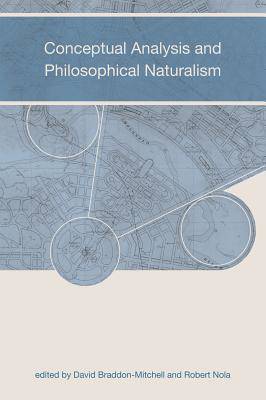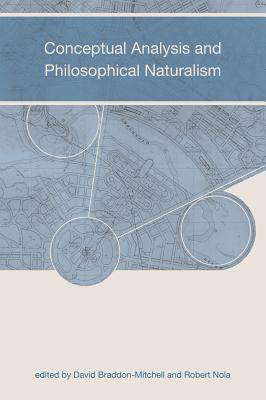
- Retrait gratuit dans votre magasin Club
- 7.000.000 titres dans notre catalogue
- Payer en toute sécurité
- Toujours un magasin près de chez vous
- Retrait gratuit dans votre magasin Club
- 7.000.0000 titres dans notre catalogue
- Payer en toute sécurité
- Toujours un magasin près de chez vous
Conceptual Analysis and Philosophical Naturalism
Description
A new program of philosophical analysis that reconciles a certain account of analysis with philosophical naturalism is applied to a range of philosophical issues.
Many philosophical naturalists eschew analysis in favor of discovering metaphysical truths from the a posteriori, contending that analysis does not lead to philosophical insight. A countercurrent to this approach seeks to reconcile a certain account of conceptual analysis with philosophical naturalism; prominent and influential proponents of this methodology include the late David Lewis, Frank Jackson, Michael Smith, Philip Pettit, and David Armstrong. Naturalistic analysis (sometimes known as "the Canberra Plan" because many of its proponents have been associated with Australian National University in Canberra) is a tool for locating in the scientifically given world objects and properties we quantify over in everyday discourse. This collection gathers work from a range of prominent philosophers who are working within this tradition, offering important new work as well as critical evaluations of the methodology. Its centerpiece is an important posthumous paper by David Lewis, "Ramseyan Humility," published here for the first time. The contributors first address issues of philosophy of mind, semantics, and the new methodology's a priori character, then turn to matters of metaphysics, and finally consider problems regarding normativity. Conceptual Analysis and Philosophical Naturalism is one of the first efforts to apply this approach to such a wide range of philosophical issues.
Contributors
David Braddon-Mitchell, Mark Colyvan, Frank Jackson, Justine Kingsbury, Fred Kroon, David Lewis, Dustin Locke, Kelby Mason, Jonathan McKeown-Green, Peter Menzies, Robert Nola, Daniel Nolan, Philip Pettit, Huw Price, Denis Robinson, Steve Stich, Daniel Stoljar
Spécifications
Parties prenantes
- Editeur:
Contenu
- Nombre de pages :
- 370
- Langue:
- Anglais
- Collection :
Caractéristiques
- EAN:
- 9780262512282
- Date de parution :
- 05-12-08
- Format:
- Livre broché
- Format numérique:
- Trade paperback (VS)
- Dimensions :
- 152 mm x 224 mm
- Poids :
- 498 g

Les avis
Nous publions uniquement les avis qui respectent les conditions requises. Consultez nos conditions pour les avis.





